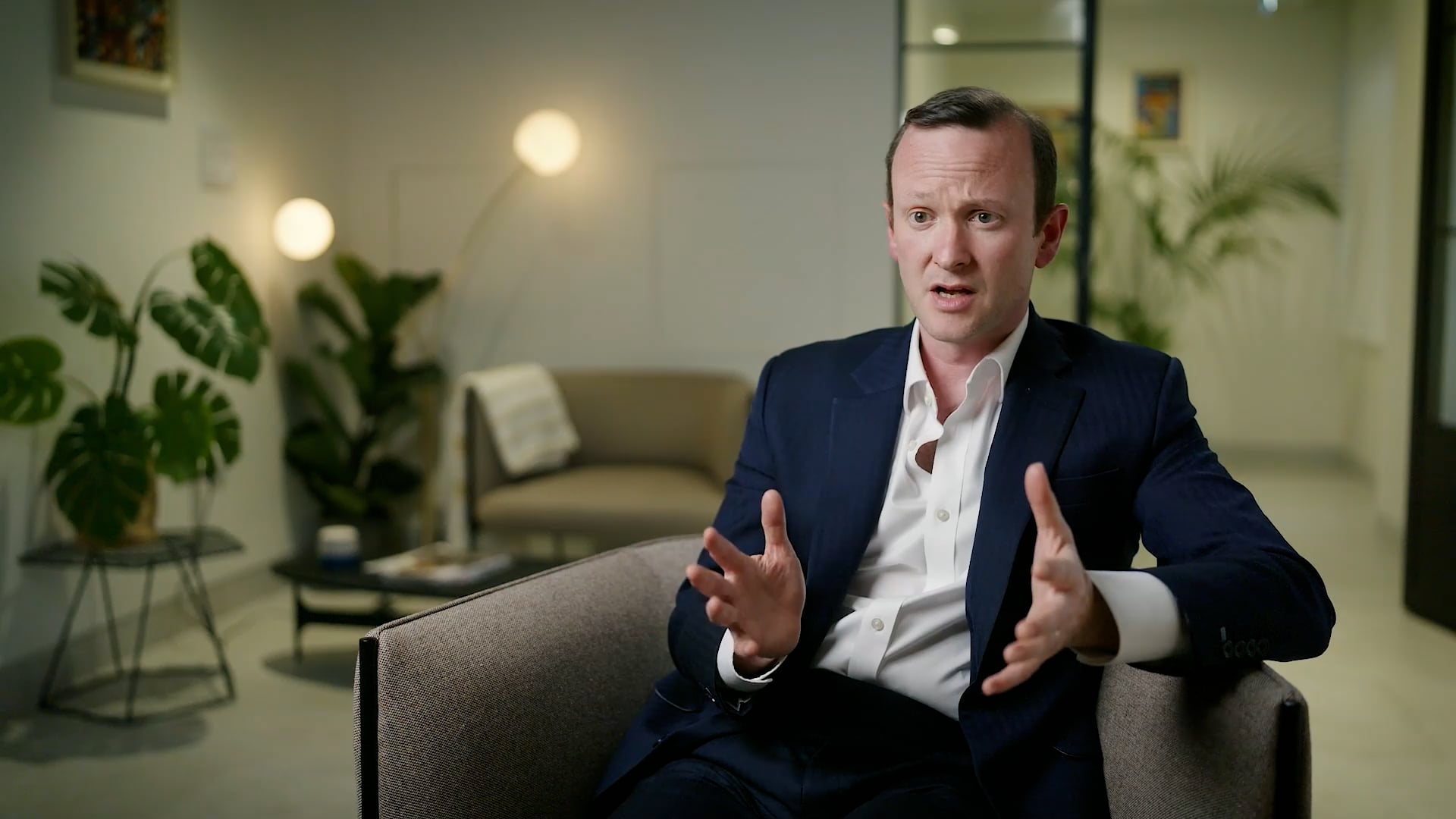Liposuction helps create smoother, more defined contours and is often used to treat areas that have not responded well to diet and exercise. It is most commonly performed on areas like the abdomen, thighs, hips, flanks, arms, and neck.
Liposuction helps create smoother, more defined contours and is often used to treat areas that have not responded well to diet and exercise. It is most commonly performed on areas like the abdomen, thighs, hips, flanks, arms, and neck.
Mr Fitzgerald O’Connor performs all of his surgeries himself. Liposuction is a surgical procedure designed to remove excess fat from specific areas of the body to improve the body's contour.
Small incisions are made, and a thin tube (cannula) is inserted to suction out subcutaneous fat from the targeted area.
The goal is not just fat removal but also creating smoother, more proportional body contours.
.jpg)

You may be a good candidate for liposuction if you:
Have specific localised fat deposits that are resistant to diet and exercise.
Are at or near your ideal weight.
Have good skin elasticity.
Are in good health and have realistic expectations.

In terms of scarring, liposuction typically results in very minimal scarring, no more than 3mm per site.
There is the need for lymphatic massage after any operation with liposuction, as it helps reduce the swelling quickly and smooth out any small contour abnormalities from uneven swelling.
Compression garments are worn after liposuction to reduce swelling and help the skin conform to the new body shape.
Manually lymphatic massage is paramount to achieving a good result.
Liposuction surgery is performed under general anaesthetic and you may experience some swelling, bruising, and soreness for a few days. Most patients return to work in 2 to 7 days.
Manually lymphatic massage can start on day three and continue once a week for three to four weeks. I can connect you with a specialist lymphatic masseuse in your local area.
Most patients can resume exercise after 4 to 6 weeks.
You will have a follow-up appointment with Mr Fitzgerald O’Connor in week 6. No gym or exercise until after you have seen Mr Fitzgerald O’Connor in clinic.
I perform all of my operations at leading London hospitals with full emergency care available. As with any surgical procedure, it's essential we discuss the risks together so you are fully informed of what you are undertaking.
While most patients experience no significant complications, potential risks include:
Superficial infections may occur but are generally treatable with simple antibiotics.
Rare collections of blood under the skin may require surgical intervention and this will be done at no extra cost.
It is not uncommon to feel slight reduction in senstaion in the areas where you've had liposiuction. With massage and time this generally improves.
You can develop subcutaneous fibrosis or scarring this is the importance of manual lymphatic massage as it can reduce the irregularities of contouring and skin rippling.
Fluid accumulation under the skin can be drained if it occurs at no extra cost.
Deep vein thrombosis or pulmonary embolism are serious but rare complications.
Liposuction to one area costs from £4,500.
Cost includes hospital fee, surgical fee and anaesthetic fee. Pre and post consultations with Mr Fitzgerald O'Connor are also included as well as 24/7 access to a specialist plastic surgery nurse.
Working at top teaching hospitals and private hospitals across London, easily accessible from Waterloo, Victoria and London Bridge stations, including a new clinic at Battersea Power Station.

Westminster Bridge Consulting Rooms
Westminster Bridge Rd
Lambeth, London
SE1 7EH

Cleveland Clinic London
33 Grosvenor Pl
London
SW1X 7HY

HCA Healthcare UK,
The Shard, 32 St Thomas St,
London
SE1 9BS

1st Floor,
Turbine Hall B,
Battersea Power Station,
London
SW11 8DD
To book an initial consultation call 0203 051 4006 or
email info@fitzgeraldoconnor.com or enter your contact details here.
We’re committed to keeping your information safe. By submitting this form, you agree that we’ll use your details to respond to your enquiry. If you’re asking about accessing services, we might need to follow up with a few extra questions. You can read more about how we handle your information in our Privacy Policy.